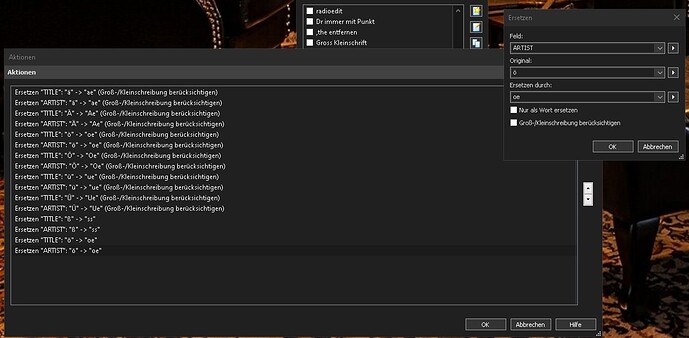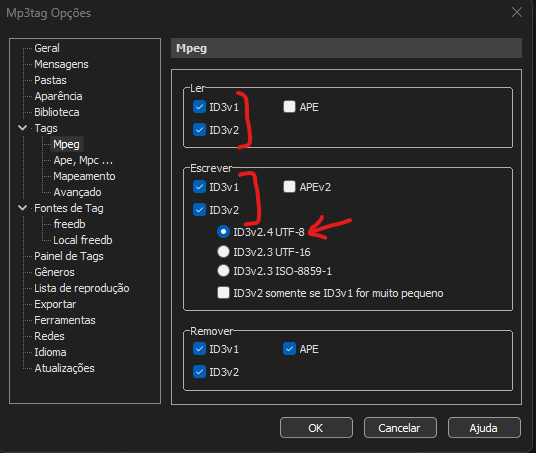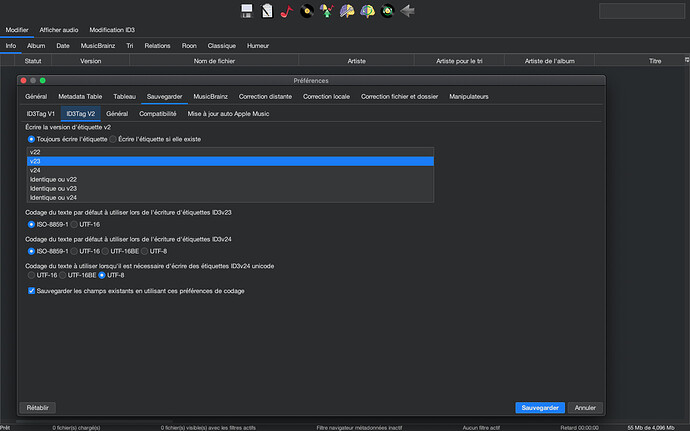I have faced a problem when using SD card or USB plugged into Denon Prime GO. Some of the tracks in Denon Prime Go showed up RED and when I tried to load them into decks, warning message appeared saying “File unavailable”.
It took me 3 days and many tries, including reinstallation and different library updates. I finally found a solution to this problem and I think it is a subject that should be updated in the next release of Engine OS, ASAP! Let me describe everything below:
I have used sync manager to transfer all my playlists from Engine collection to SD card and USB. In Engine DJ desktop app all my tracks were white and playable - everything seemed fine, even hot cues from Serato were there. However, on an SD card and USB some of the tracks were RED.
The problem is that Denon Prime Go does not read special characters/letters. I’m Polish and in our language we have letters like “ą” “ę” “ć” “ł” etc. so any song that contained any of these characters in its filename or metadata became “unavailable” to play. I also found that some of afro-house songs used letters like “É” and it also became unavailable. It is a pity because having a big music collection that contain these special characters/ letters requires to removed them MANUALLY!!! There is no automated way that will remove these for you…
So PLEASE, dear Denon Support, consider having a look at this issue. It is something that for sure affects all eastern european languages as well as many others that uses special letters and accent letters.


